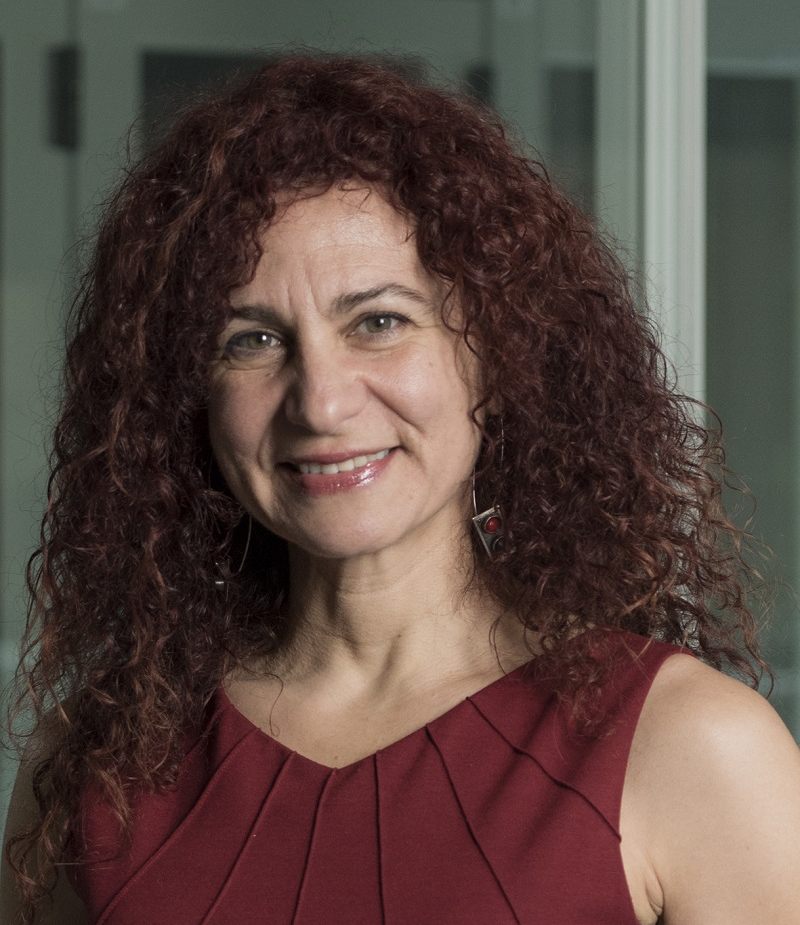Our 2024 Annual Event will be a in-person agenda with networking sessions, focusing on 4 new multi-center projects and initiatives moving forward in 2024:
– AI/LLM energy/carbon footprint (Swiss AI Initiative and AI Center of EPFL)
– Software stacks for a sustainable and intelligent edge-to-cloud ecosystem
– New sustainable computing experimental facility for cloud technologies development at EcoCloud
– X-HEEP: Open-source hardware and software computing platforms for edge acceleration
The following Keynote lectures have been announced, with more to follow:
Videos from 2023
The New Memory Wall and how it changes database system design
To bridge the ever-growing memory-processor speed gap (aka the “memory wall”), computer architects introduce new levels of caching that trade capacity for speed, and database designers develop cache-aware query processing algorithms since the late 1990s. Nowadays distributed query processing on the cloud is the norm; memory resources grow increasingly heterogeneous and disaggregated, mitigating the benefit of cache-aware query processing techniques. Recently, in contrast with traditional CPU-centric architectures, “memory-centric" systems that use memory pooling attract interest but also raise significant challenges as data move in unpredictable ways along a multi-dimensional memory hierarchy. Therefore, data movement emerges as a key performance bottleneck as it incurs a major cost in distributed query processing. In this talk, I will discuss the new memory wall and the challenges and opportunities it brings to database system design.

Anastasia Ailamaki is a Professor of Computer and Communication Sciences at the École Polytechnique Federale de Lausanne (EPFL), a visiting researcher at Google, and the co-founder and Chair of the Board of Directors of RAW Labs SA, a Swiss company developing systems to analyze heterogeneous big data from multiple sources efficiently. She earned a Ph.D. in Computer Science from the University ofWisconsin-Madison in 2000. She has received the 2019 ACM SIGMOD Edgar F. Codd Innovation Award and the 2020 VLDB Women in Database Research Award. She is also the recipient of an ERC Consolidator Award (2013), the Finmeccanica endowed chair from the Computer Science Department at Carnegie Mellon (2007), aEuropean Young Investigator Award from the European Science Foundation (2007),an Alfred P. Sloan Research Fellowship (2005), an NSF CAREER award (2002),twelve best-paper awards in international scientific conferences. She has received the 2018 Nemitsas Prize in Computer Science by the President of Cyprus and the 2021 ARGO Innovation Award by the President of the Hellenic Republic.She is an ACM fellow, an IEEE fellow, a member of the Academia Europaea, and an elected member of the Swiss, the Belgian, the Greek, and the Cypriot NationalResearch Councils.
The Road to 23ai: A Perspective on Achieving Impact as an Industrial Lab
In this keynote, Dr. Hassan Chafi will share his personal perspective on his team’s journey from its beginnings as a couple of interns in 2011 to becoming responsible for key components in Oracle’s flagship product, Oracle Database 23c, now known as 23ai. He will explore the development of significant features such as operational graphs, an in-database JavaScript engine, and vector index support. Beyond the technical achievements, Dr. Chafi will discuss the lessons learned on the softer side of innovation, including building trust, resilience, and strategic thinking.

Dr. Hassan Chafi is the Vice President of Research and Advanced Development at Oracle. He holds a Ph.D. in Computer Engineering from Stanford University. In his current role, Dr. Chafi leads various projects, from investigating research ideas at their early stages of inception to identifying promising opportunities to turn these ideas into advanced software services ready to be consumed by other Oracle products and customers.
Dr. Chafi’s team has contributed major features to Oracle’s flagship product, the Oracle Database. His team recently introduced the new ISO SQL graph query standards, which have been implemented natively in the Oracle Database, and was responsible for some of the key components of Oracle 23ai’s Vector DB support.
Dr. Chafi has more than 60 technical patents.